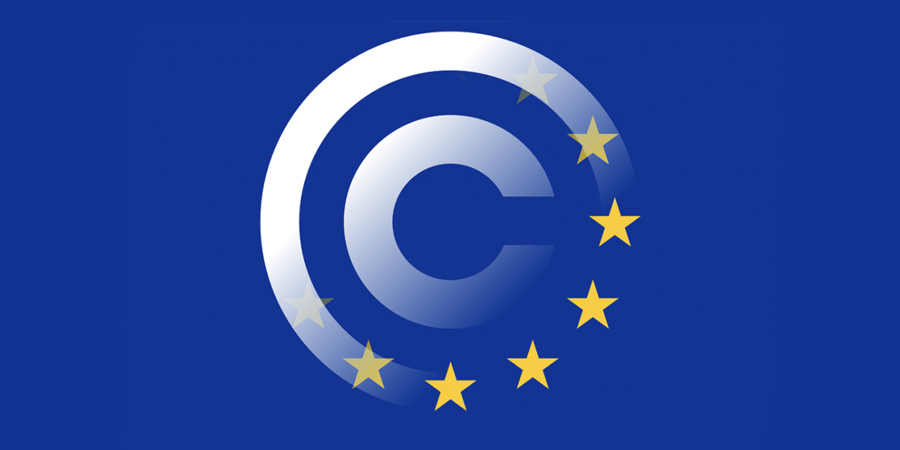Brussels, July 24, 2019
The EWC Board is concerned about Audible’s recent announcement that “Captions” will use Artificial Intelligence (AI) to transcribe an audio recording into text – but without any licensing of the rights.
Amazon-owned Audible, the largest distributor of spoken content, announced the feature “Audible Captions” to be launched in September 2019 in the USA. Audible Captions works computer- generated and uses the artificial intelligence behind Amazon’s Alexa to transform what the speaker says into text, synced with the audio-book narration, and offers a form of a free E-Book.
“The Captions feature appears to be a disrespectful copyright infringement,” says Nina George, President of the European Writers’ Council. “Although captions for audiobooks are a useful tool to learn foreign languages, to better understand names or terms in Sci-Fi and Fantasy novels, and to help people with dyslexia, the right to transform a recording to a text should be authorized, licensed and fairly remunerated to the writers.”
It’s more than doubtful that there are any existing agreements between writers, publishers and Audible, which would grant Audible the right to create text versions of audiobooks. There is no exception to the copyright and authors’ rights law that would permit it.
150.000 Students, as well as first US-Audible members with a monthly fee of 14,95 US-Dollars will be able to generate Captions on compatible titles through the settings on their smartphones. It is planned to insert summoned dictionary definitions, Wikipedia entries, and to translate them into more than 20 languages. Audible plans to make it available on hundreds of thousands of audiobooks to any Audible member. The consequences can lead to a decline in e-book sales and in authors’ income as well. The development will first start in the US, but it’s very likely that Audible has plans to implement “Captions” also in the European Audio-Book market.
The EWC Board recommends to the EWC members to be alert and observe the ongoing situation, whether Audible/Amazon stops this unauthorized use and starts licencing – or decides to play the hard ball again, as it did in the 2014 Hachette dispute, like delisting audiobooks from publishers which don’t agree to permit the new feature for free, or penalize audiobooks from writers who do not agree to this feature, in search results.
Nina George
EWC President

